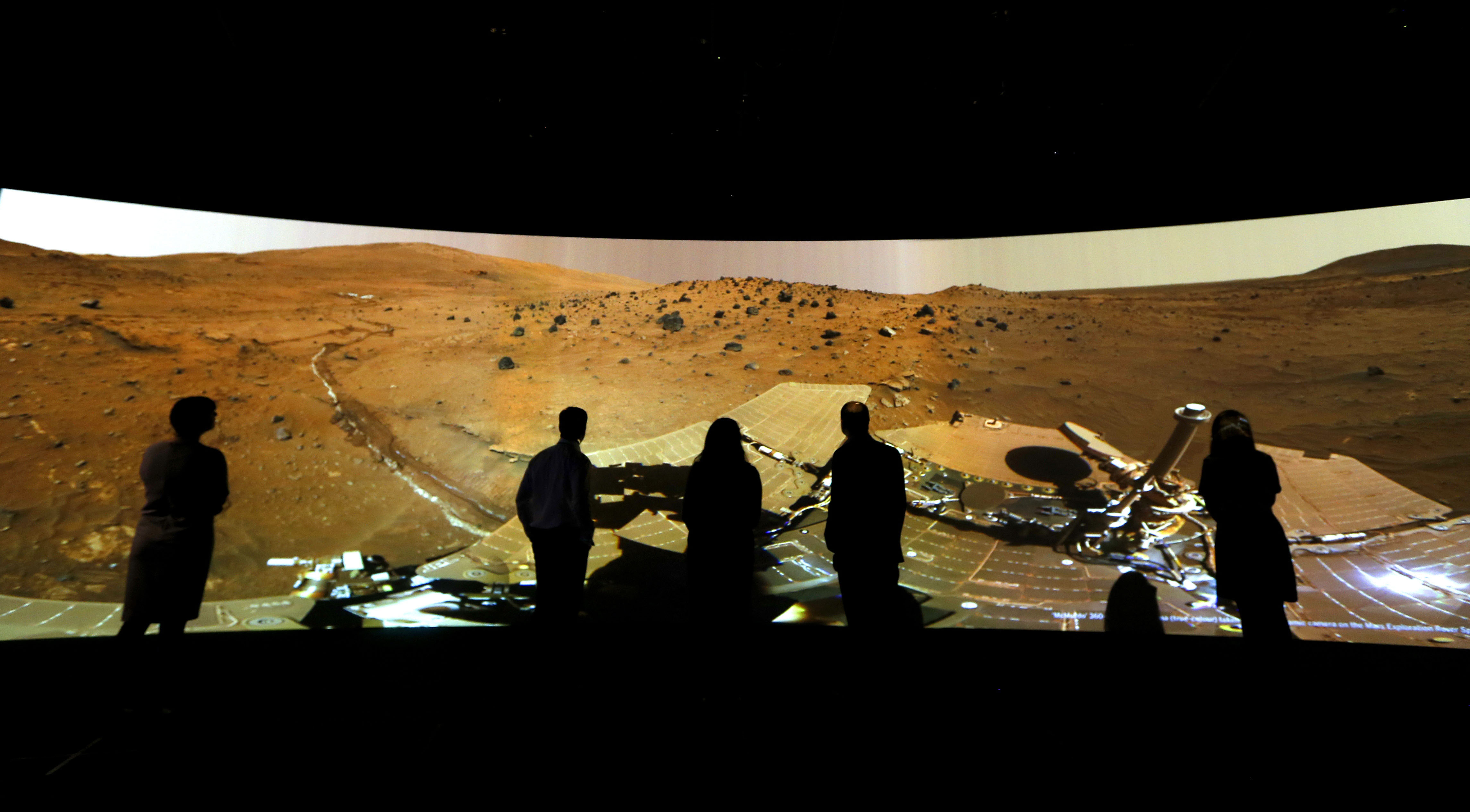Since its announcement in May 2012, the Mars One project hasn't had an easy ride. Critics have questioned all aspects, from the technical feasibility to its funding model. But recent developments from the project seem to be bringing the goal of starting a human colony on Mars by 2025 a little closer.
Last month (DEC), Dutch entrepreneur Bas Lansdorp, the project's founder, announced a partnership with Lockheed Martin and Surrey Satellite Technology to build a satellite to put into orbit around Mars by 2018. This was a strong statement of intent for the project, which aims to send four volunteers on a one-way ticket every 26 months to spend the rest of their lives on the red planet.
Assuming they can overcome some of the technical issues — such as minimizing the astronauts' radiation exposure and landing a heavy manned craft safely on the surface — the main issue faced by the project seems to be one of funding. Mars One aims to raise the majority of its estimated $6 billion costs by selling television rights and sponsorship deals.


















With your current subscription plan you can comment on stories. However, before writing your first comment, please create a display name in the Profile section of your subscriber account page.